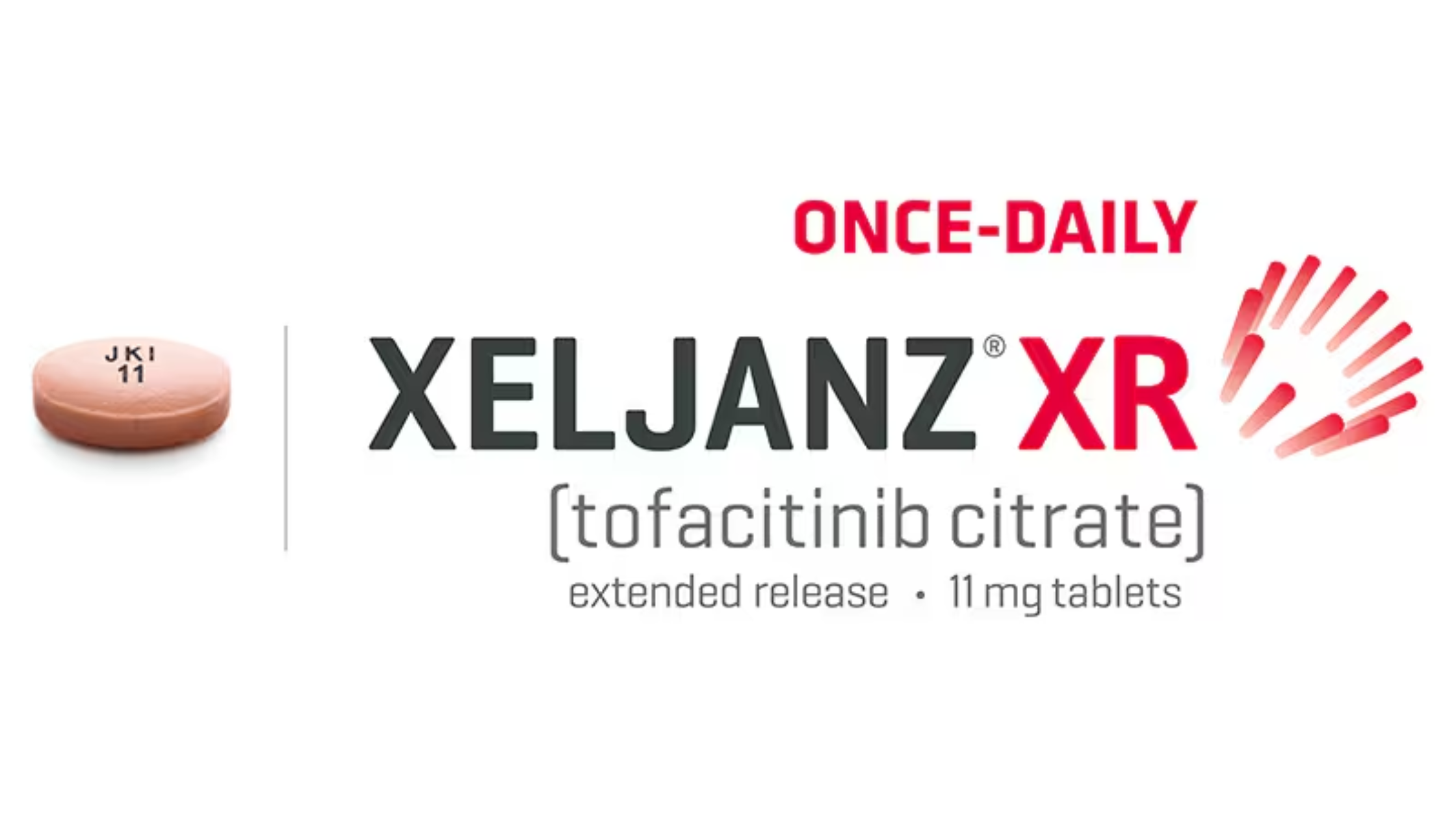Last updated on March 5th, 2025 at 11:26 am
In this comprehensive guide, you will discover what type of medication is Stelara. You will also understand its uses, benefits, and potential side effects. Learn how this drug works, its administration, and key considerations for patients.
If you’re wondering about Stelara and what type of medication it is, you’re not alone. Stelara is a unique drug that has made significant strides in treating specific conditions. In this comprehensive guide, I’ll delve into the specifics of Stelara, its uses, benefits, and everything you need to know about this medication. Whether you’re a patient, a caregiver, or simply curious, this article will provide detailed insights into what Stelara is and how it works.
What is Stelara?
Stelara (ustekinumab) is a prescription medication primarily used to treat various autoimmune conditions, including psoriasis, psoriatic arthritis, and Crohn’s disease. It belongs to a class of drugs known as biologics, which are derived from living cells and target specific components of the immune system.
Stelara works by targeting and inhibiting specific proteins that play a crucial role in the inflammatory process. By doing so, it helps to reduce the symptoms and severity of the conditions it treats. The medication is administered via injection and is typically used when other treatments have been ineffective or are not suitable for the patient.
How Does Stelara Work?
Stelara functions by targeting and blocking two key proteins in the immune system: interleukin-12 (IL-12) and interleukin-23 (IL-23). These proteins are involved in the inflammatory processes that contribute to the development of autoimmune diseases. By inhibiting these proteins, Stelara helps to reduce inflammation and manage the symptoms associated with conditions such as psoriasis and Crohn’s disease.
The medication’s mechanism of action involves binding to the p40 subunit common to both IL-12 and IL-23, effectively disrupting their activity. This targeted approach helps to modulate the immune response and prevent the excessive inflammation that characterizes autoimmune conditions.
Indications for Stelara
Stelara is used for several specific indications:
- Plaque Psoriasis: A chronic skin condition characterized by red, scaly patches on the skin. Stelara is used to manage moderate to severe plaque psoriasis in adults who are candidates for systemic therapy.
- Psoriatic Arthritis: A form of arthritis that affects some people with psoriasis. Stelara helps to reduce joint inflammation and improve physical function in patients with psoriatic arthritis.
- Crohn’s Disease: A type of inflammatory bowel disease (IBD) that causes inflammation of the digestive tract. Stelara is used to treat moderate to severe Crohn’s disease in adults who have not responded to other therapies.
Administration and Dosage
Stelara is administered via subcutaneous injection. The dosage and frequency depend on the condition being treated and the patient’s response to the medication. Typically, the initial dose is followed by maintenance doses at regular intervals.
- Plaque Psoriasis: The initial dose is usually administered as a subcutaneous injection followed by a second dose at four weeks. Maintenance doses are typically given every 12 weeks thereafter.
- Psoriatic Arthritis: Similar to plaque psoriasis, the initial dose is followed by a second dose at four weeks, with maintenance doses every 12 weeks.
- Crohn’s Disease: The initial dose is followed by a second dose at eight weeks, with maintenance doses administered every 8 weeks.
Benefits of Stelara
Stelara offers several benefits for patients with autoimmune conditions:
- Effective Symptom Management: Many patients experience significant relief from symptoms such as inflammation, pain, and skin lesions.
- Improved Quality of Life: By managing symptoms effectively, Stelara can enhance overall quality of life and physical functioning.
- Long-Term Relief: The medication’s long-lasting effects mean fewer injections and more stable symptom control over time.
Potential Side Effects
While Stelara is generally well-tolerated, it can cause side effects in some patients. Common side effects include:
- Injection Site Reactions: Redness, swelling, or pain at the injection site.
- Upper Respiratory Infections: Symptoms such as sore throat, sinus congestion, or cough.
- Headache: Some patients may experience headaches as a side effect.
Serious side effects are less common but can occur. These may include:
- Increased Risk of Infections: Stelara may weaken the immune system, increasing the risk of infections.
- Allergic Reactions: Severe allergic reactions are rare but may include symptoms such as rash, itching, or swelling.
If you experience any severe side effects or signs of an allergic reaction, it’s important to contact your healthcare provider immediately.
Interactions with Other Medications
Stelara may interact with other medications, which can affect its efficacy or increase the risk of side effects. Inform your healthcare provider about all other medications you’re taking, including over-the-counter drugs, supplements, and herbal products.
Key Considerations for Patients
Before starting Stelara, there are several important considerations:
- Medical History: Inform your healthcare provider about any pre-existing medical conditions, especially infections or chronic diseases.
- Pregnancy and Breastfeeding: Stelara’s effects on pregnancy and breastfeeding are not well-established. Discuss with your doctor if you are pregnant, planning to become pregnant, or breastfeeding.
- Regular Monitoring: Regular check-ups and monitoring are necessary to assess the effectiveness of Stelara and manage any potential side effects.
Comparing Stelara with Other Medications
When considering Stelara, it’s useful to compare it with other treatments available for similar conditions:
- Methotrexate: A common medication for psoriasis and rheumatoid arthritis, but it may have different side effects and requires regular monitoring of liver function(methotrexate antidote reverses these effects).
- TNF-Alpha Inhibitors: Such as infliximab and adalimumab, these biologics target different aspects of the inflammatory process and may be used as alternatives to Stelara.
- Other Biologics: There are various biologics used for autoimmune conditions, each with its unique mechanism of action and potential benefits.
Real-Life Experiences with Stelara
Many patients who use Stelara report positive experiences with the medication. Success stories often highlight improved symptom management, better quality of life, and fewer flare-ups. However, individual responses to Stelara can vary, and some patients may need to explore alternative treatments if Stelara is not effective or causes unwanted side effects.
Future Developments and Research
Ongoing research aims to further understand Stelara’s effects and explore its potential for treating additional conditions. Clinical trials continue to investigate its long-term safety, efficacy, and potential benefits in various populations.
In Summary;
Stelara is a biological medication designed to manage specific autoimmune conditions by targeting key proteins involved in inflammation. Its ability to provide long-term symptom relief and improve quality of life makes it a valuable option for many patients. However, like any medication, Stelara comes with potential side effects and considerations, which should be discussed with your doctor.
By understanding what type of medication Stelara is and how it works, you can make informed decisions about your treatment options. If you have any concerns or questions about Stelara, consult your healthcare provider to determine the best approach for your individual needs.
Remember, while Stelara offers significant benefits for many patients, it is essential to weigh these against potential side effects and interactions with other medications. Always follow your healthcare provider’s guidance and report any unusual symptoms or reactions you experience.
In the context of treatment for autoimmune conditions, while Stelara provides effective management for many, it’s crucial to understand that it does not act as an “antidote” for all inflammatory diseases. The term “antidote” refers to substances that counteract poisons or toxins, and while Stelara helps manage symptoms, it does not neutralize the underlying autoimmune processes entirely.
What is Stelara Copay Assistance?… Learn more.




Your article helped me a lot, is there any more related content? Thanks!